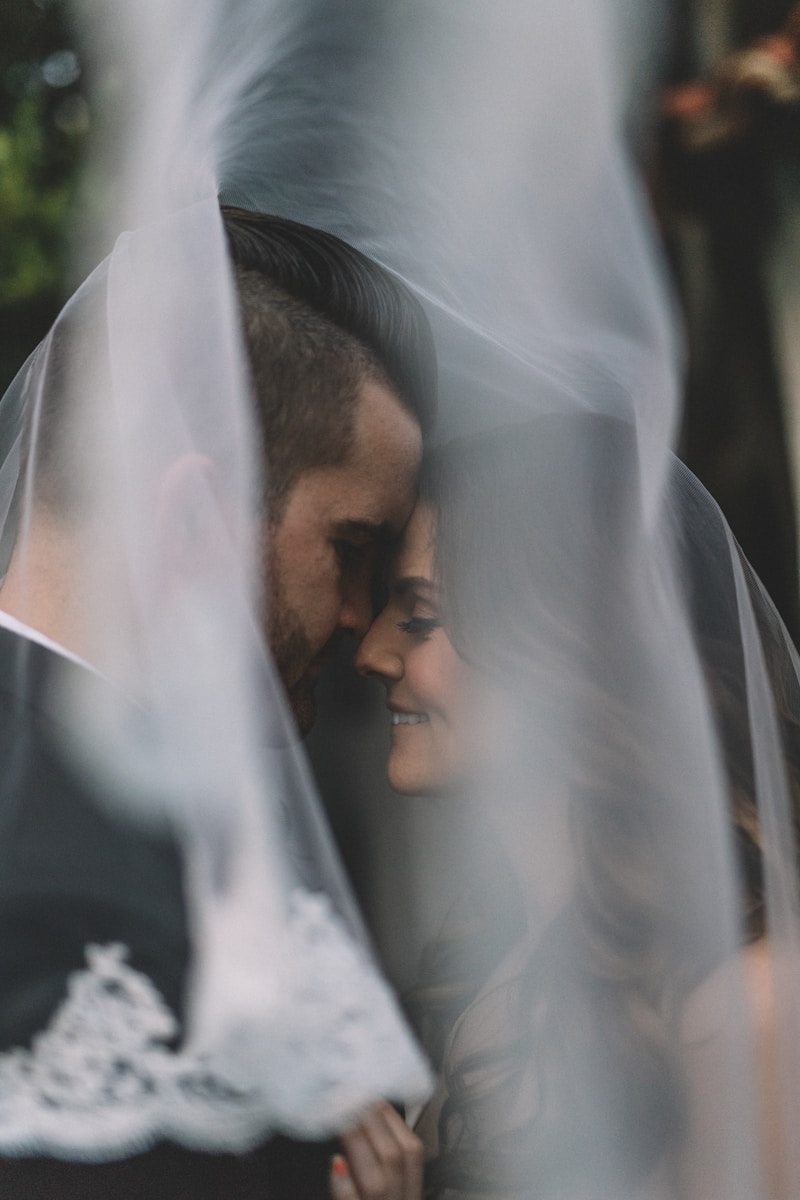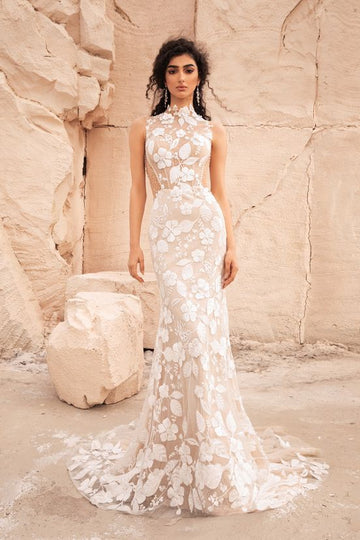Discover the Elegance of Stylish Wedding Dress Fabrics
Discover the Elegance of Stylish Wedding Dress Fabrics
When planning your dream wedding, one of the most significant decisions you'll face is choosing the perfect wedding dress. The fabric of your dress plays a crucial role in its overall look and feel, and with numerous options available, it can be challenging to determine which stylish wedding dress fabrics will suit your vision best. In this article, we will explore various wedding dress fabrics, their unique characteristics, and how to choose the right one for your special day. Whether you are looking for something timeless, modern, or bohemian, this guide will help you navigate through the vibrant world of wedding dress fabrics.
Understanding Wedding Dress Fabrics
Your wedding dress fabric can enhance or detract from the design of your gown. A fabric's weight, texture, and draping ability can greatly influence how flattering the gown will be when you walk down the aisle. Here, we delve into some of the most popular stylish wedding dress fabrics and what makes them special.
1. Silk
Silk is a classic fabric used in many Wedding dresses. Known for its luxurious feel and beautiful drape, silk adds sophistication and elegance to any gown.
- Types of Silk: There are several types of silk, including satin, charmeuse, and chiffon. Each type has its own unique sheen and texture.
- Advantages: Silk is breathable, making it perfect for summer weddings. It also has a natural sheen that photographs beautifully.
- Disadvantages: Silk can be expensive and may require special care during cleaning.
2. Lace
Lace Wedding dresses are incredibly popular for their romantic and vintage appeal. This fabric adds texture and detail to a gown, making it visually stunning.
- Types of Lace: Common types of lace include Chantilly, Alençon, and Guipure.
- Advantages: Lace can be incorporated into dresses as overlays, straps, or appliqués, providing versatility in design.
- Disadvantages: Lace can sometimes feel itchy or may snag easily.
3. Tulle
Tulle is a lightweight, sheer fabric that often comes in multiple layers, providing volume to skirts. It is especially favored for ball gown styles.
- Advantages: Tulle is perfect for creating dreamy and fairy-tale looks.
- Disadvantages: It may require a structured undergarment to maintain its shape.
4. Organza
Similar to tulle, organza is a thin, sheer fabric that is often used to create structured dresses. Its crispness allows it to hold shapes well.
- Advantages: Organza provides a beautiful silhouette while being lighter than heavier fabrics.
- Disadvantages: It can be scratchy on the skin, which might require a lining.
5. Chiffon
Chiffon is known for its soft, flowing appearance and is often chosen for more relaxed, bohemian-style Wedding dresses.
- Advantages: It is breathable and drapes well, perfect for outdoor or beach weddings.
- Disadvantages: Chiffon can be see-through, which may require careful consideration in design.
Choosing the Right Fabric for Your Wedding Dress
With a better understanding of the different stylish wedding dress fabrics, it’s time to think about how to choose the right one for you. Here are some factors to consider:
| Factor | Consideration |
| Season | Choose lighter fabrics like chiffon and lace for summer, while heavier fabrics like satin and silk work well for winter. |
| Comfort | Consider how comfortable the fabric feels against your skin and whether it will allow ease of movement. |
| Wedding Location | For outdoor weddings, lighter and breathable fabrics are more suitable compared to heavy, structured materials. |
| Style and Theme | Choose a fabric that complements the theme of your wedding, whether it’s bohemian, classic, or modern. |
Other Considerations When Choosing Wedding Dress Fabrics
Aside from the style and type of fabric, there are many aspects to take into account when selecting your wedding dress fabric:
- Color: Many fabrics offer different color options. For example, silk can be dyed to suit any wedding theme.
- Texture: Think about the feel of the fabric against your skin. You want to feel comfortable and beautiful all day long.
- Maintenance: Some fabrics require dry cleaning, while others can be hand washed. Consider how much upkeep you are willing to provide.

Popular Questions About Wedding Dress Fabrics
As you embark on your journey to find the perfect fabric for your wedding dress, you may have some questions in mind. Here are answers to a few frequently asked questions:
1. What is the best fabric for a wedding dress in summer?
The best fabrics for summer weddings are light and breathable materials like chiffon, lace, and organza, allowing you to stay comfortable in warmer temperatures.
2. Can I mix different fabrics in my wedding dress?
Absolutely! Many designers showcase Wedding dresses that feature combinations of fabrics, enhancing visual appeal and providing depth to your gown.
3. How do I care for my wedding dress fabric?
Caring for your wedding dress fabric largely depends on its material. Always check the label for care instructions, and consider consulting a professional cleaner for delicate fabrics.
Conclusion
Choosing the right fabric for your wedding dress is crucial to achieving the look and feel you desire on your special day. From luxurious silk to romantic lace, each fabric offers unique properties that can bring your dream wedding dress to life. Remember to consider factors like season, comfort, location, and style while making your decision. In summary, stylish wedding dress fabrics play an essential role in crafting a gown that resonates with your personal style and complements the atmosphere of your wedding. Embrace the beauty of each fabric option available, and with careful thought and planning, you're sure to find the perfect material that aligns with your wedding vision. Happy dress hunting!
